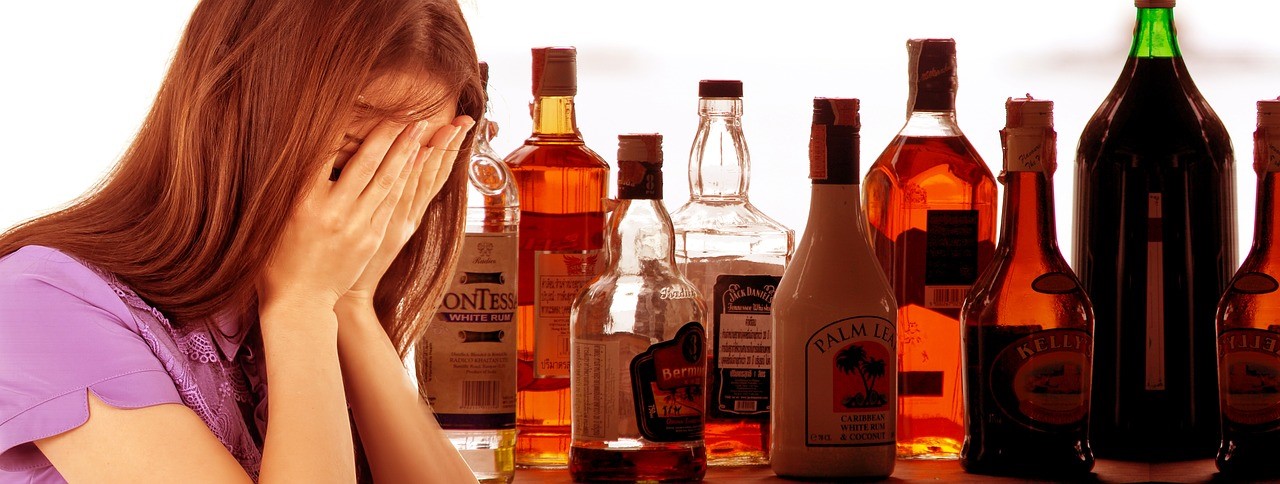Photo Source: Pixabay.com
Underage drinking is illegal so that alone is reason enough for establishments selling alcohol to do all they can to avoid falling afoul of the law. They can strengthen their compliance by for instance installing ID readers for bars. Nevertheless, there are reasons why selling alcohol to underage persons is illegal. It’s important for not just parents but also bar owners to understand these risks in order to be more grounded in adhering to the law and also better sensitize kids. We look at these risks below.
1. Stunted Brain Development
Outwardly, teen bodies don’t seem much different from those of adults in their early twenties. But looks can be deceiving as research has consistently shown. Part of the reason the US drinking age is set at 21 is because teenage drinking can damage or impede brain development.
Specifically, the prefrontal cortex is still relatively undeveloped in teenage years. This is the part of the brain that drives decision-making, error recognition and impulse control. In fact, it is the underdevelopment of this area of the brain that causes the quintessential teenage behavior. Teen drinking affects the normal development of the prefrontal cortex.
2. Sexual Assault
Despite decades of sensitization on the meaning of consensual sex, sexual assault remains a major problem in the United States. This was captured in dramatic fashion in the last quarter of 2017 by the Me Too movement that swept across the entertainment industry. Sexual assault is already a significant risk between people in their senses. When alcohol is introduced, this risk is exacerbated.
In fact, contrary to many people’s assumptions, alcohol is the number one date rape drug. Teens are already prone to poor decision-making. Alcohol only raises the possibility of them being caught up in nonconsensual sex. It lowers inhibitions and renders them incapable of giving consent. It also reduces the victim’s capacity to physically resist the attack.
3. Addiction
No alcoholic started drinking with the intention of becoming an addict. It often starts with some seemingly harmless experimentation. A number of parents even view teenage drinking as a rite of passage and some go to the extent of supplying alcohol to their kids or fail to warn them about the illegality and risks.
The situation is made worse by parents who hold the belief that introducing their teens to alcohol reduces the likelihood of them falling into binge drinking and addiction later in life. This is a myth. Studies have shown that persons who start drinking at age 15 or lower are 4 times more likely to become alcohol addicts than those who start drinking at age 21.
4. Depression
Teens may turn to alcohol for fun due to peer pressure. Alcohol consumption does lead to a chemically-induced high so with time, drinking becomes less an avenue for fun and more a way for the teen to cope with the stress, pain and low self-esteem in their lives.
This results in more emotional turmoil since the alcohol high is inevitably followed by a low that may linger until the next high. Teens who drink are thus more prone to mood swings, anxiety and depression. They are also more likely to engage in violent behavior and attempted suicide. Suicide is in fact one of the top three leading causes of death among 15 to 24 year olds.
Alcohol therefore indirectly raises the probability of a teen taking their own life.
As adults, we often assume that teenagers already know the dangers associated with underage drinking. However, teens are still kids and as we saw in the first point, don’t quite possess the mental maturity of an adult. What may seem obvious and logical to us may be easily missed by a teen.
They have a fairly limited understanding of the world as well as the consequences of various actions and this may cause them to overlook basic information. By understanding the risks and communicating them to teens, adults in all spheres of life can play their part in tackling underage drinking.





